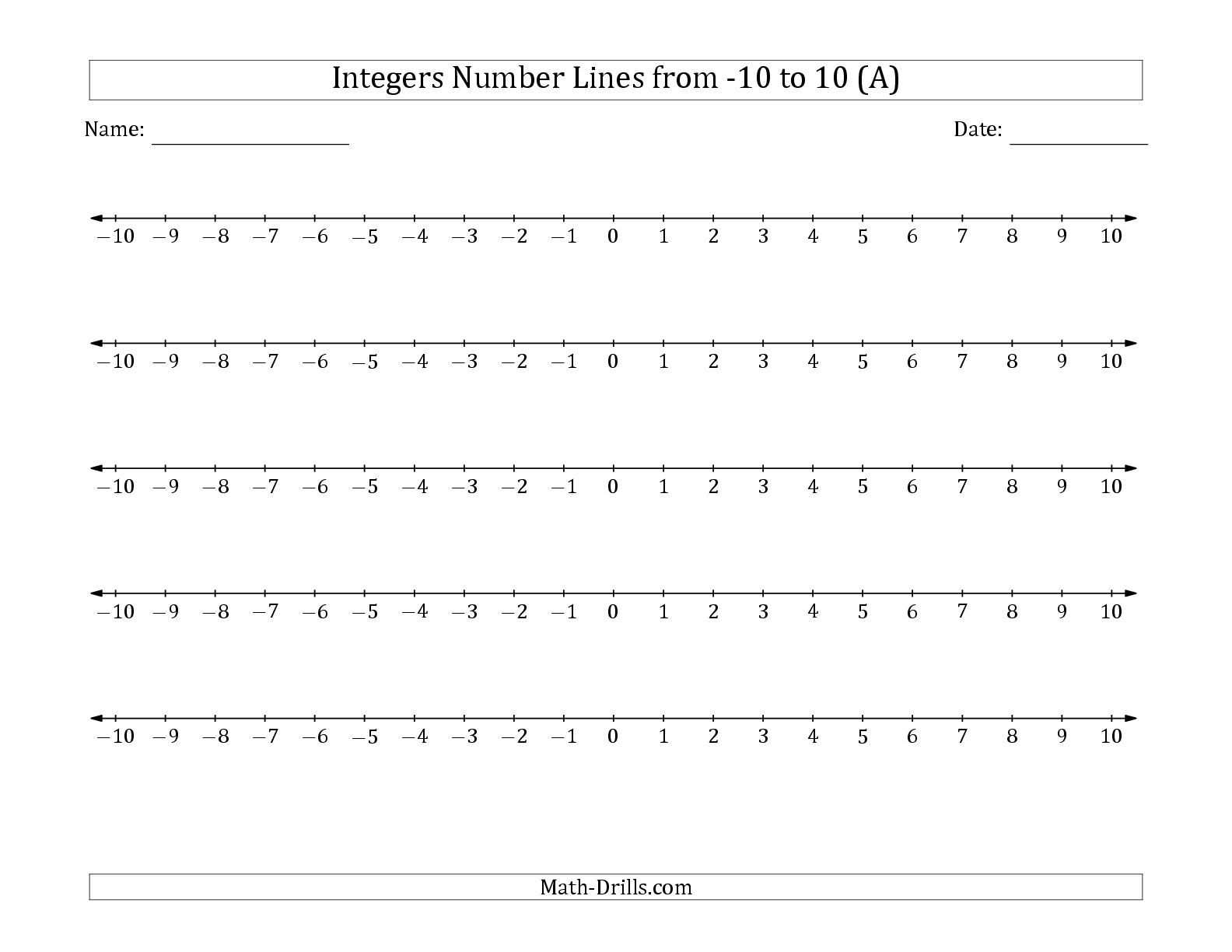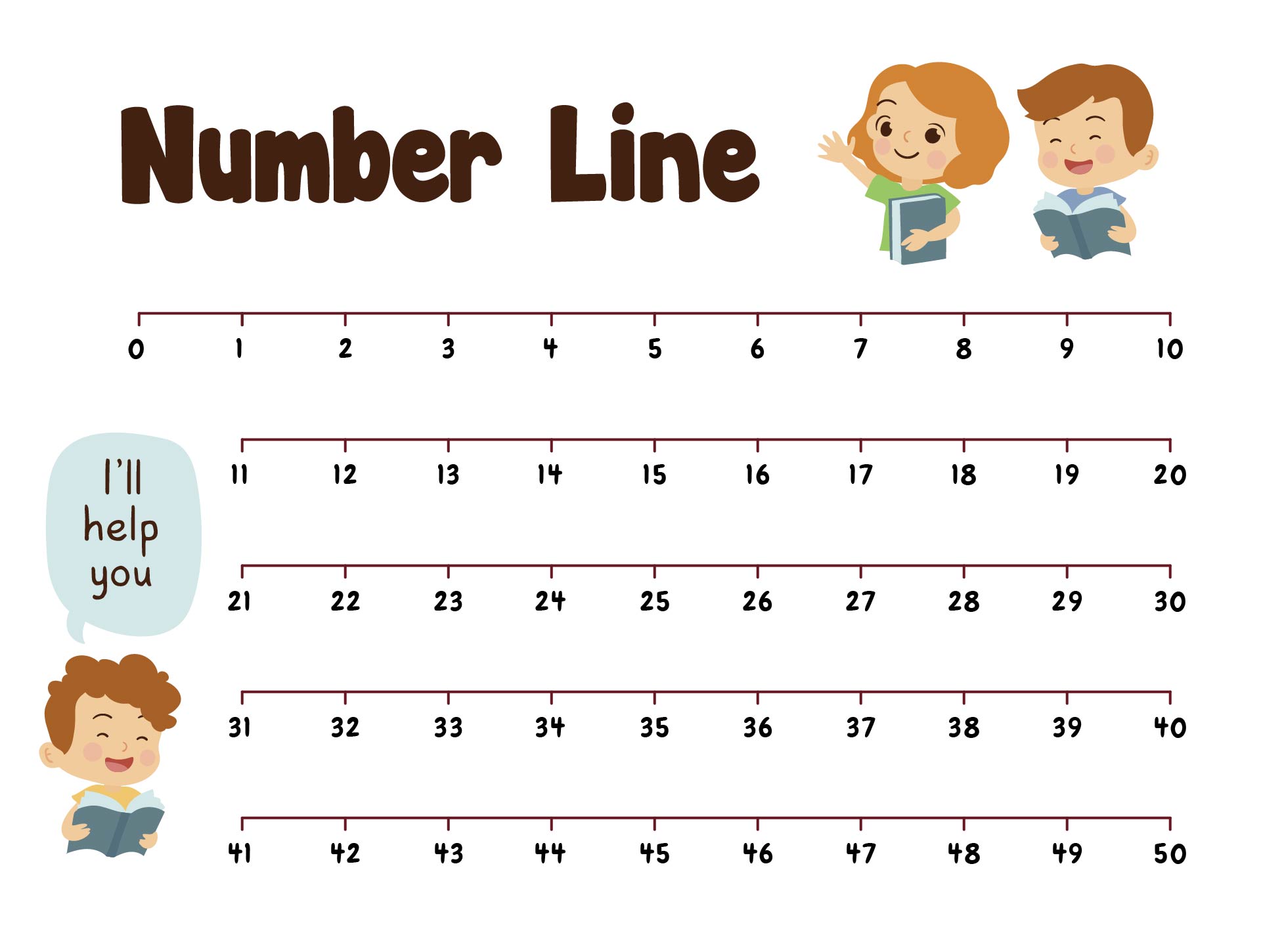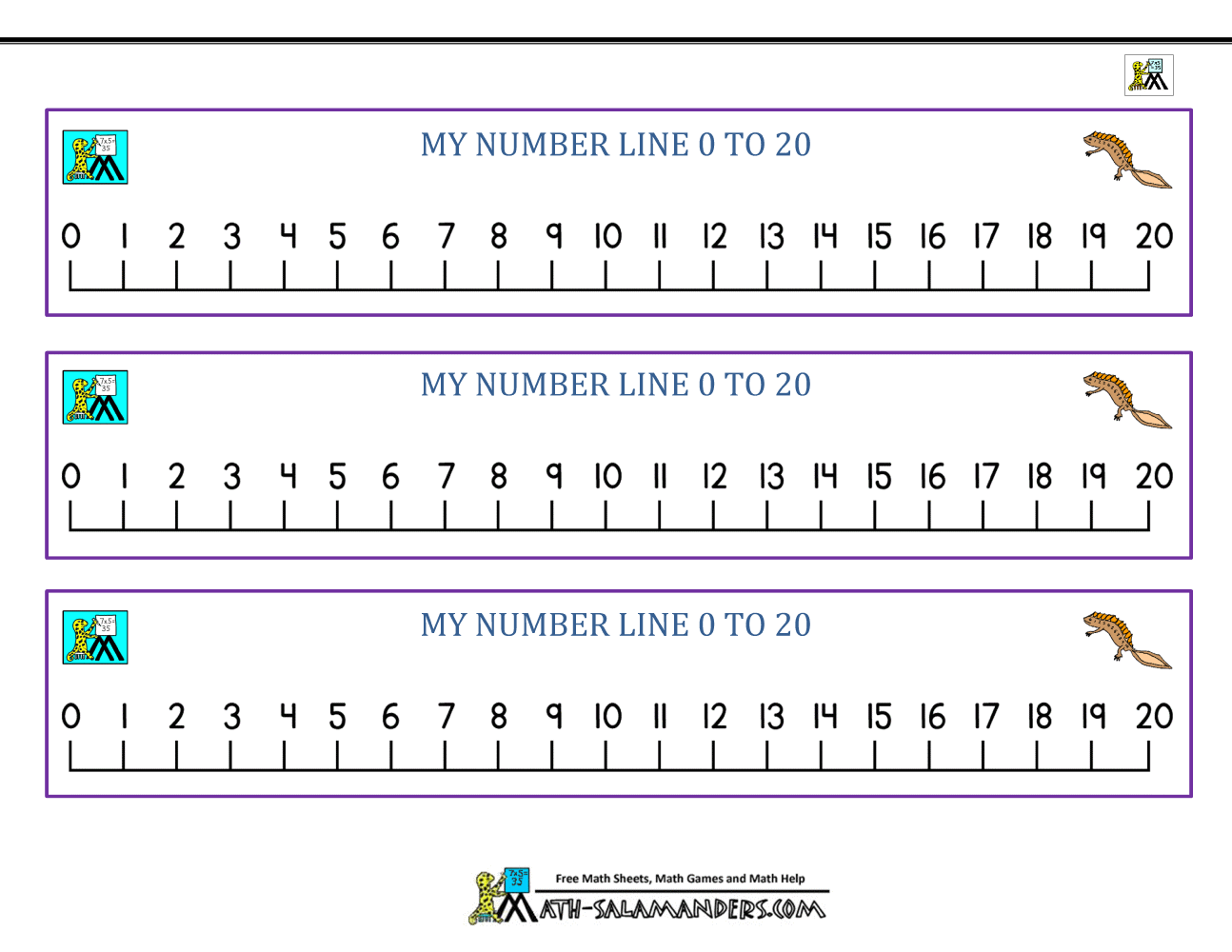Integer Number Line Printable
Integer number line printable - The primes form an infinite sequence 2, 3, 5, 7, 11, 13, 17, 19, 23, 29, 31,. For example, counting by 2s (2, 4, 6) or 10s (10, 20, 30). Eventually, your kid will need to learn to count by skipping certain numbers. 0 to 100 by 10s. A positive integer that can be factored into a product of smaller positive integers. You can control the number ranges used, include decimals or not, control the number of problems, workspace below the problems, font size, and more. A positive integer with exactly two positive divisors: A number line from 1 to 20 can help teachers explain to elementary school students how numbers work while practicing simple addition and subtraction. Every integer greater than one is either prime or composite. This integers number line introduces the concept by going from 0 to 100 by 10s.
Printable Integer number line templates for math students
The primes form an infinite sequence 2, 3, 5, 7, 11, 13, 17, 19, 23, 29, 31,. A number line from 1 to 20 can help teachers explain to elementary school students how numbers work while practicing simple addition and subtraction. You can control the number ranges used, include decimals or not, control the number of problems, workspace below the problems, font size, and more.
Multiplication Worksheets Number Line
Every integer greater than one is either prime or composite. This integers number line introduces the concept by going from 0 to 100 by 10s. Eventually, your kid will need to learn to count by skipping certain numbers.
Blank Number Line Template Number line, Printable number line, Free
A positive integer with exactly two positive divisors: The primes form an infinite sequence 2, 3, 5, 7, 11, 13, 17, 19, 23, 29, 31,. This integers number line introduces the concept by going from 0 to 100 by 10s.
Integers on a Number Line Worksheet Number line, Integers, Integer
For example, counting by 2s (2, 4, 6) or 10s (10, 20, 30). Eventually, your kid will need to learn to count by skipping certain numbers. A positive integer that can be factored into a product of smaller positive integers.
Integer Number Line Bundle in 2021 Integer number line, Integers
A positive integer that can be factored into a product of smaller positive integers. A positive integer with exactly two positive divisors: This integers number line introduces the concept by going from 0 to 100 by 10s.
integer number line template School Math Pinterest Integers
The primes form an infinite sequence 2, 3, 5, 7, 11, 13, 17, 19, 23, 29, 31,. This integers number line introduces the concept by going from 0 to 100 by 10s. Eventually, your kid will need to learn to count by skipping certain numbers.
6 Best Images of Printable Number Line To 50 Large Printable Number
You can control the number ranges used, include decimals or not, control the number of problems, workspace below the problems, font size, and more. A positive integer with exactly two positive divisors: A positive integer that can be factored into a product of smaller positive integers.
Integer Number Line Number line, Printable number line, Integer
A positive integer that can be factored into a product of smaller positive integers. This integers number line introduces the concept by going from 0 to 100 by 10s. You can control the number ranges used, include decimals or not, control the number of problems, workspace below the problems, font size, and more.
The Integers Number Lines from 20 to 20 Math Worksheet Integer
You can control the number ranges used, include decimals or not, control the number of problems, workspace below the problems, font size, and more. This integers number line introduces the concept by going from 0 to 100 by 10s. Every integer greater than one is either prime or composite.
Best Templates Printable Number Line To 20
The primes form an infinite sequence 2, 3, 5, 7, 11, 13, 17, 19, 23, 29, 31,. This integers number line introduces the concept by going from 0 to 100 by 10s. A number line from 1 to 20 can help teachers explain to elementary school students how numbers work while practicing simple addition and subtraction.
A positive integer that can be factored into a product of smaller positive integers. A positive integer with exactly two positive divisors: Every integer greater than one is either prime or composite. A number line from 1 to 20 can help teachers explain to elementary school students how numbers work while practicing simple addition and subtraction. Eventually, your kid will need to learn to count by skipping certain numbers. 0 to 100 by 10s. This integers number line introduces the concept by going from 0 to 100 by 10s. For example, counting by 2s (2, 4, 6) or 10s (10, 20, 30). The primes form an infinite sequence 2, 3, 5, 7, 11, 13, 17, 19, 23, 29, 31,. You can control the number ranges used, include decimals or not, control the number of problems, workspace below the problems, font size, and more.









